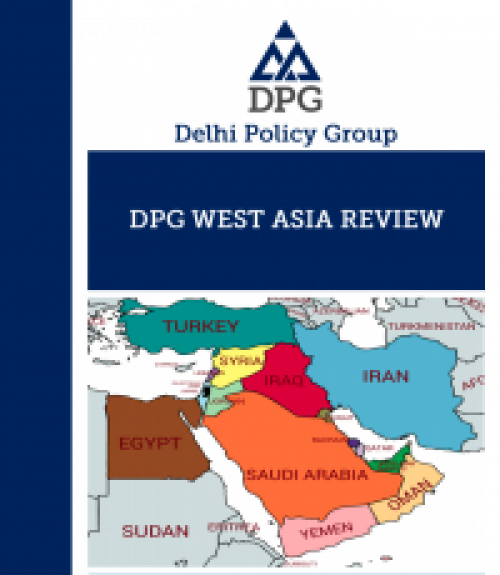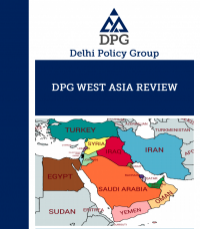DPG West Asia Review
The United States in the recent past has accused Iran-backed Kataib Hezbollah of firing rockets at bases hosting US troops and other facilities in Iraq. On June 26, 2020, the Iraqi security forces raided a base belonging to Kataib Hezbollah in Southern Baghdad and detained at least 14 militants. In addition, the US Embassy in Baghdad’s fortified Green Zone was also a target of rocket attack on July 05, 2020, that injured a child.
.
The United States-Iran relations are further deteriorating with America’s call for indefinite arms embargo on Iran in the United Nations. Whereas, both Russia and China rejected the American demand, even the close US allies such as France and Britain have been ambivalent on the issue. In a development of geopolitical relevance, an explosion damaged Iranian nuclear site at Natanz. Reports emanating from Iran point fingers at Israel for this major cyber-attack. In another development of major consequence, Iran’s foreign minister Zarif said, “Iran is negotiating 25-year strategic accord with China and the details of the same will be announced once the deal is struck.” Iran has also integrated the strategically important Chabahar port within its Free Trade Zone.
Israel-Palestine issue has been at the heart of geopolitical and religious conflict in West Asia (Middle East) for the past 70 years. Israel’s proposed plan to annex parts of the West Bank will have major geopolitical ramifications. In the wake of this, Ministry of External Affairs (MEA) reiterated India’s position on the peaceful “Two-State Solution”. MEA Spokesperson said, “Our position on this is very clear and I would like to reiterate that the final status issues should be resolved through direct negotiations between the two parties.” In a major military deal, Indian Air Force is planning to acquire more SPICE-2000 bombs from Israel amid rising tensions with China. These weapons were earlier used in the Balakot airstrikes targeting Pakistan sponsored terrorist camps.
On the economic front, the UAE’s economy is showing signs of recovery from COVID-19 induced economic crisis. According to the latest Purchasing Managers’ Index (PMI), in the month of June UAE non-oil private sector saw return to growth in many months. Emirates on the other hand also announced sweeping reforms in government structure for a smooth and swift decision making process.
The Gulf nations are indigenising their economies in the light of COVID-19 to reduce dependence on migrant workers. In light of this, Kuwait’s legislative assembly approved a quota for expats. It states that the Indian expatriate community – one of the largest in the country – should not exceed 15 per cent of the national population, which means around 800,000 of them may have to leave Kuwait.



